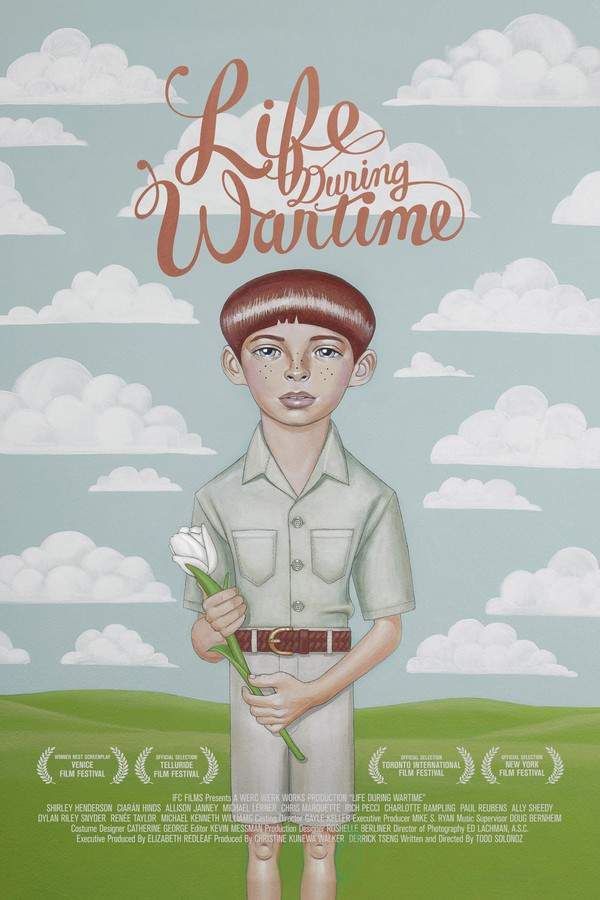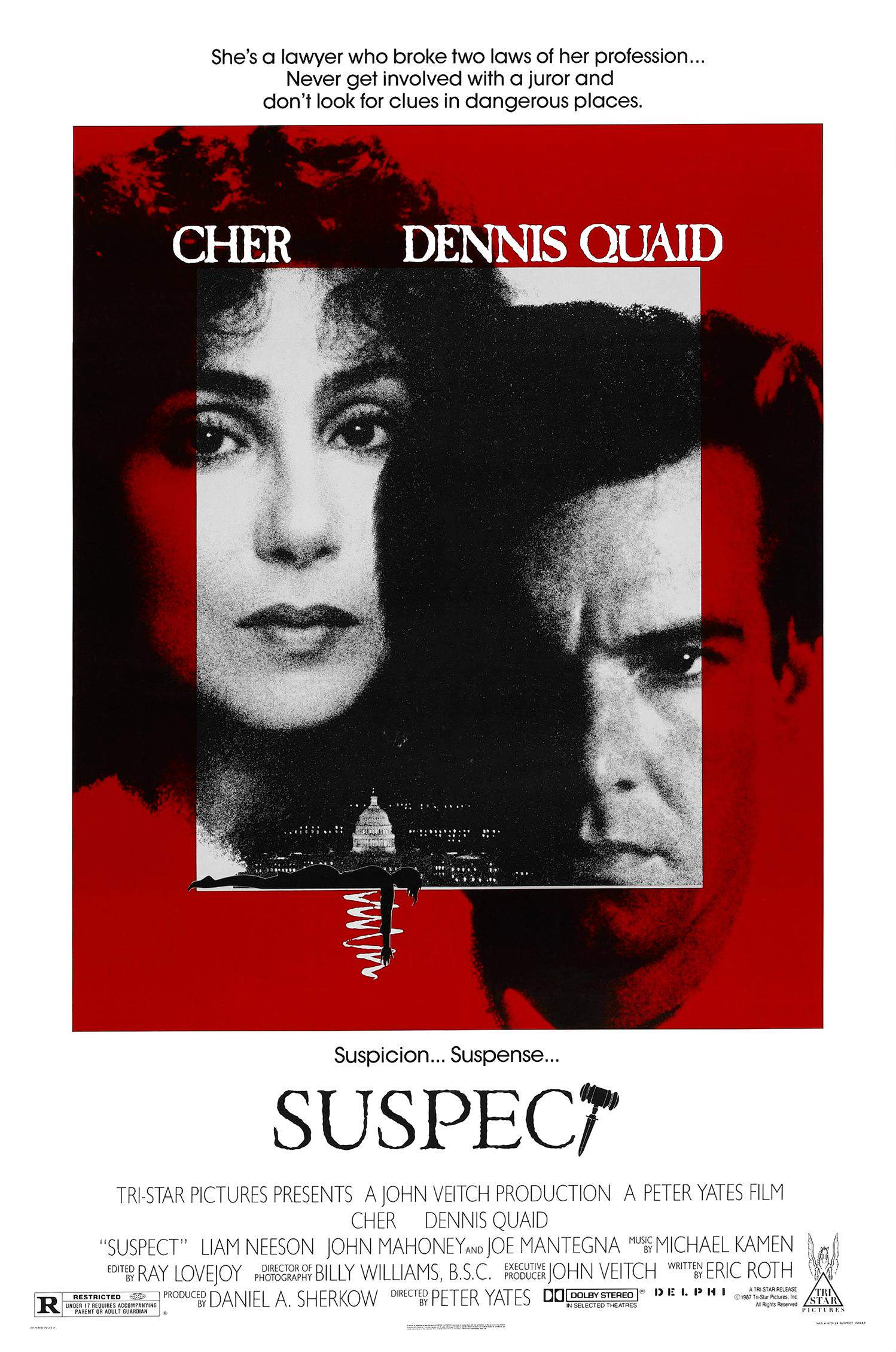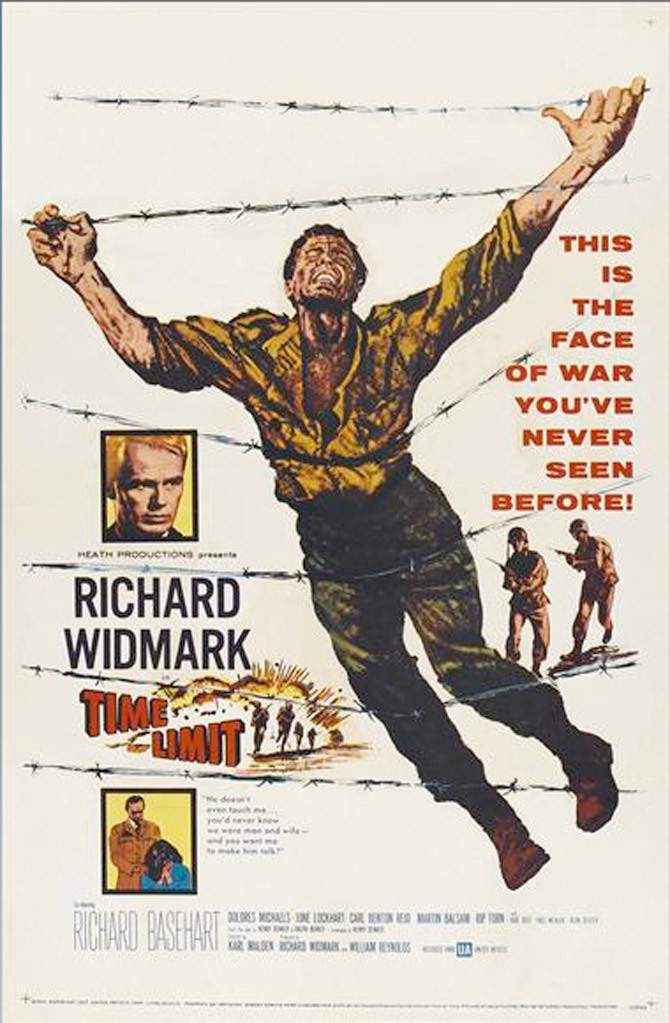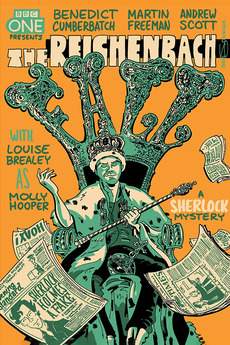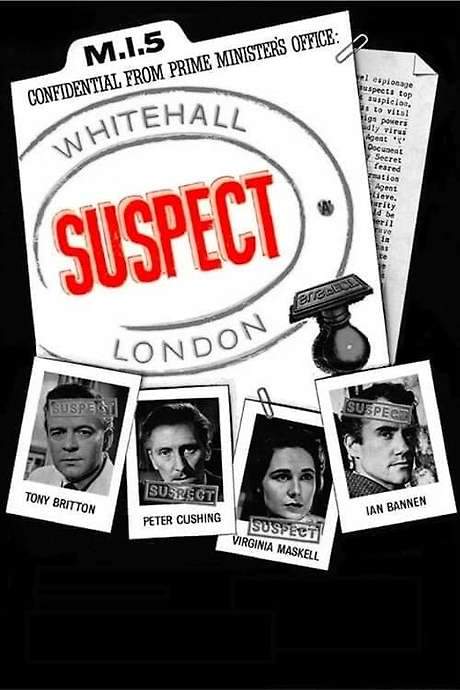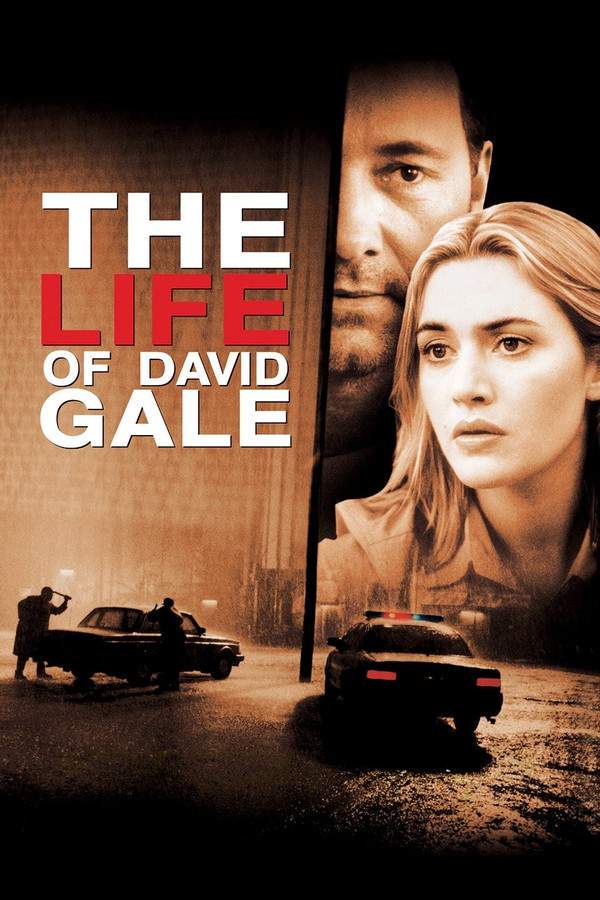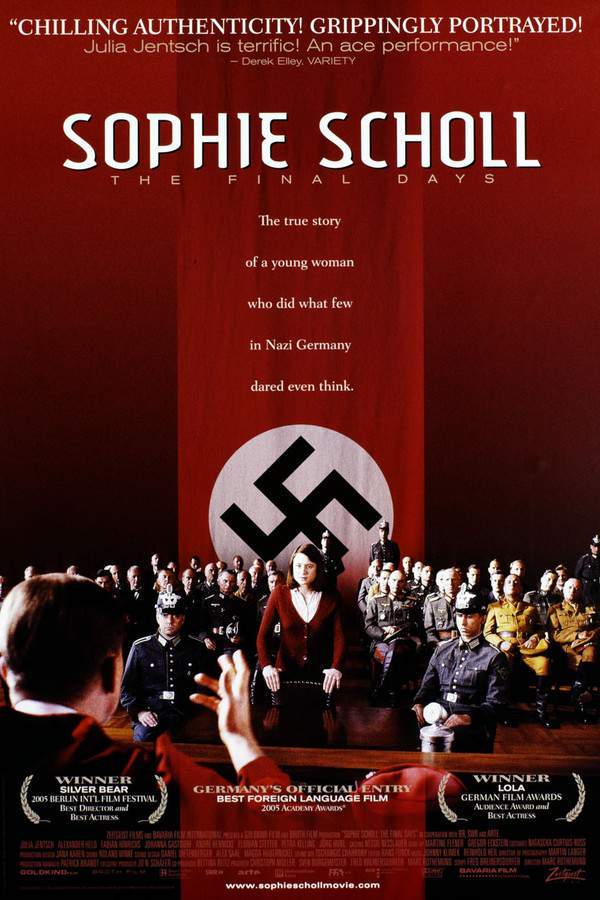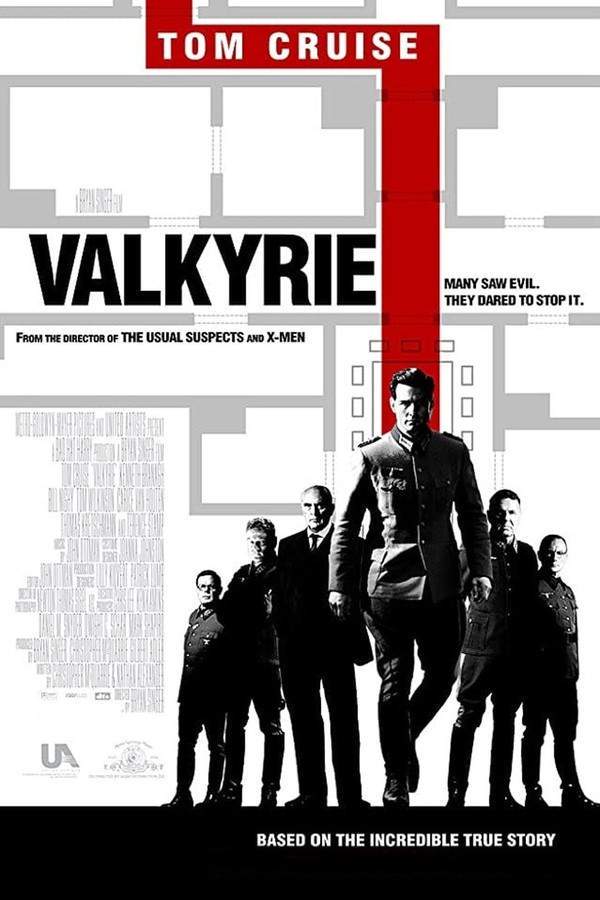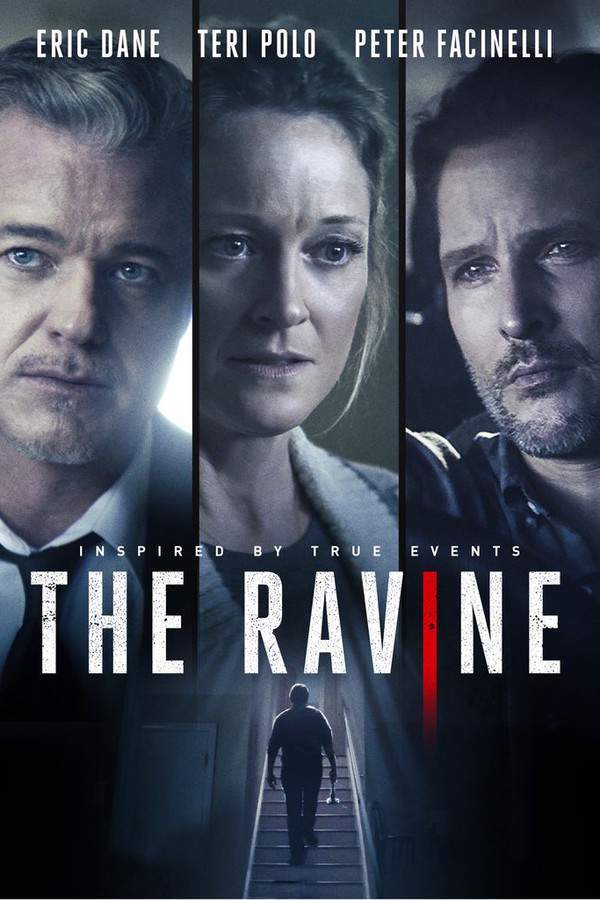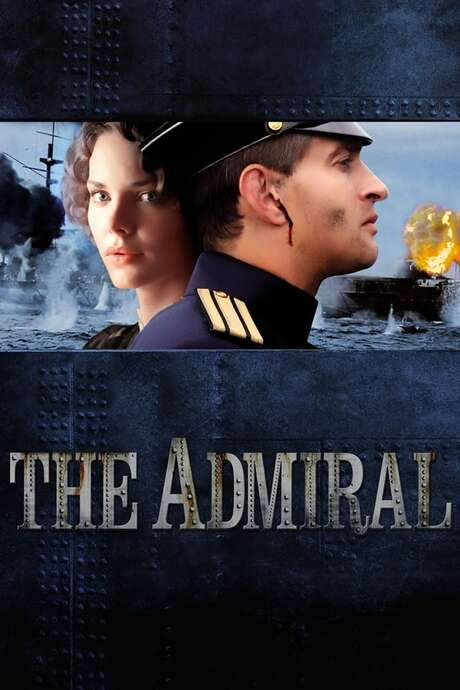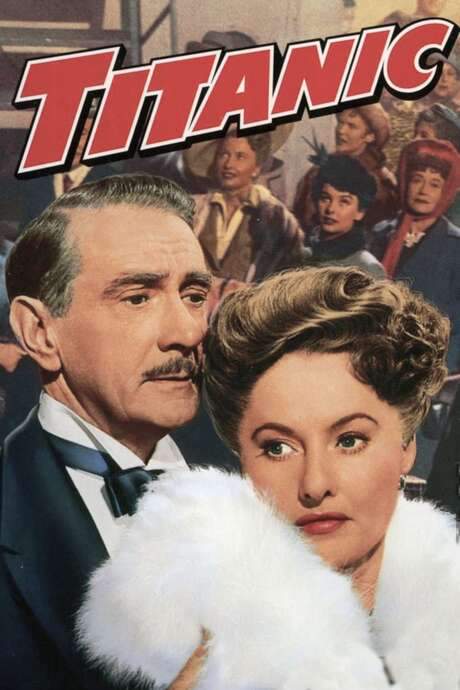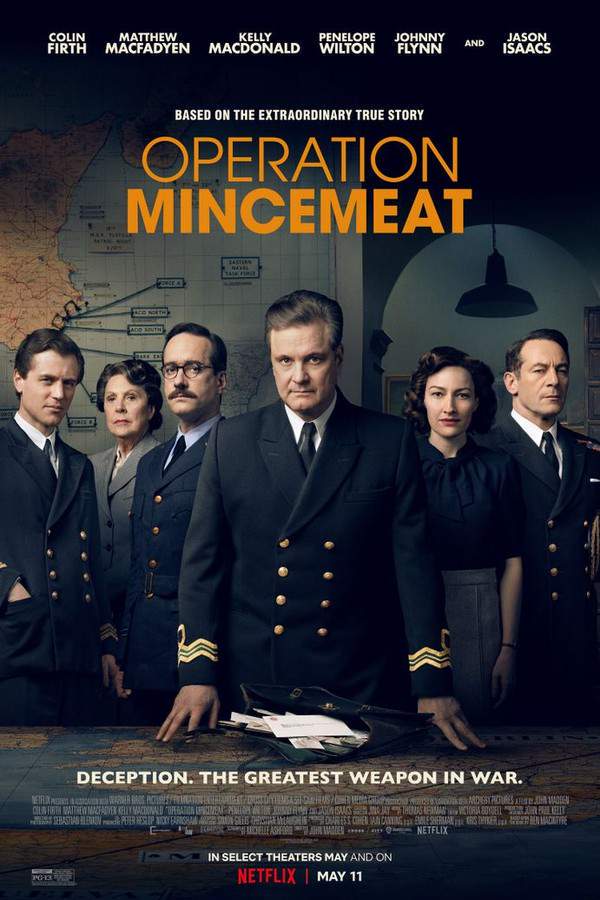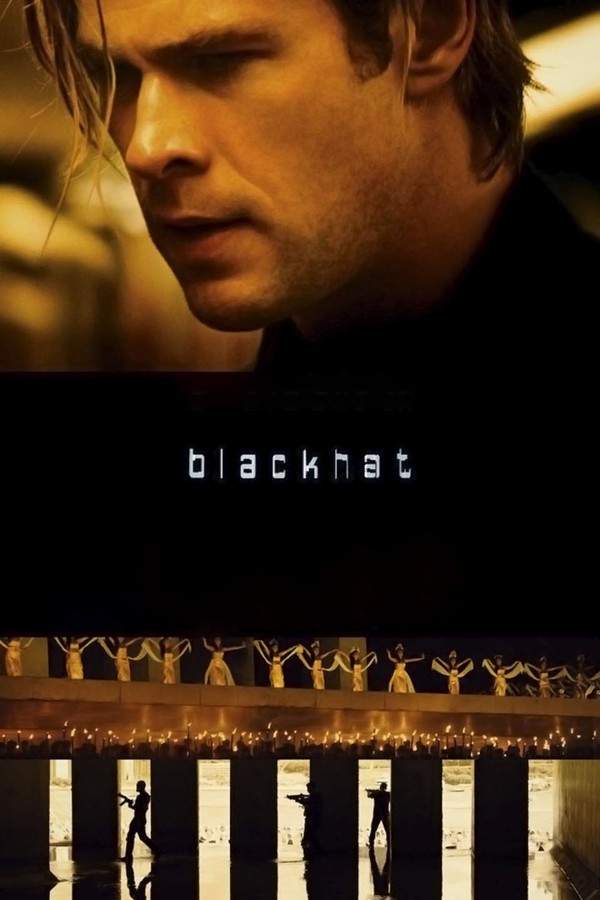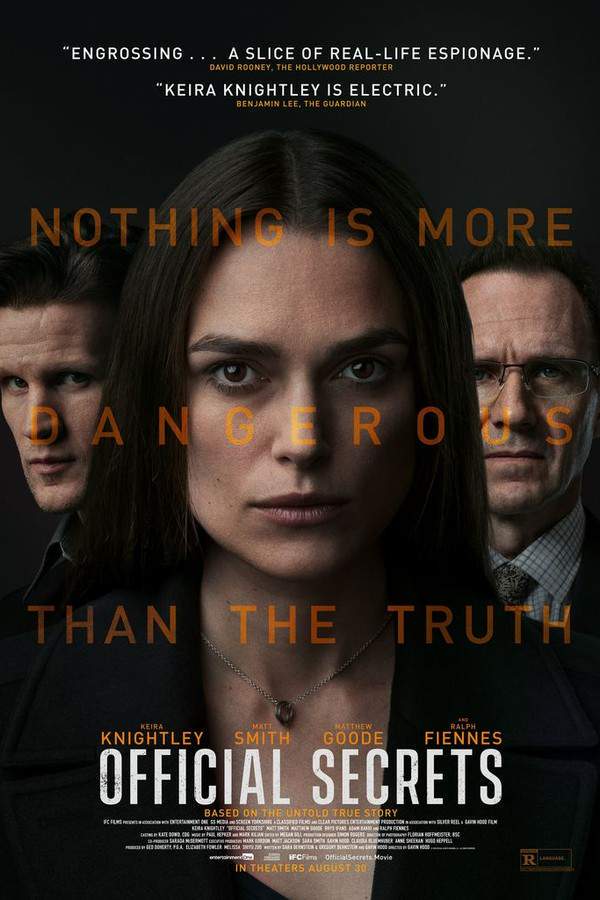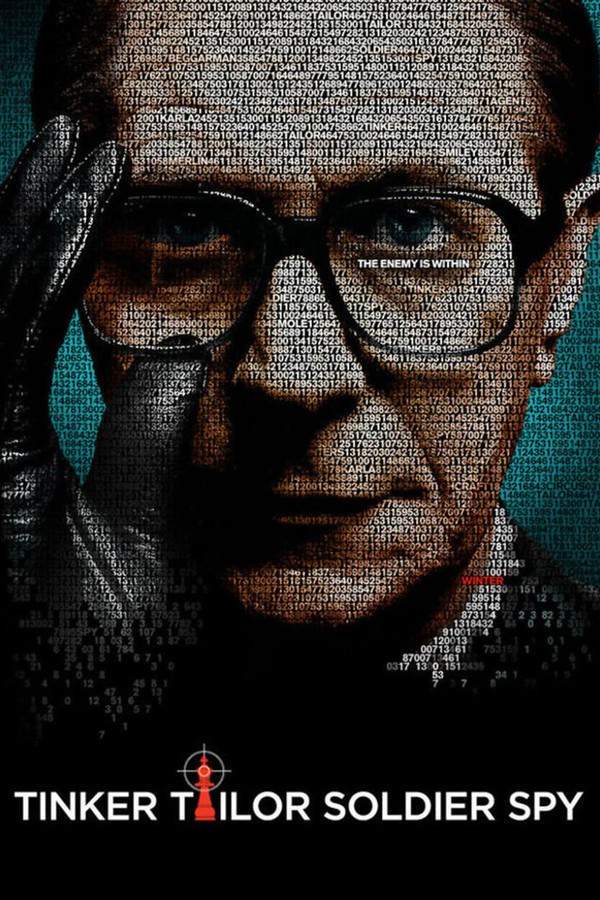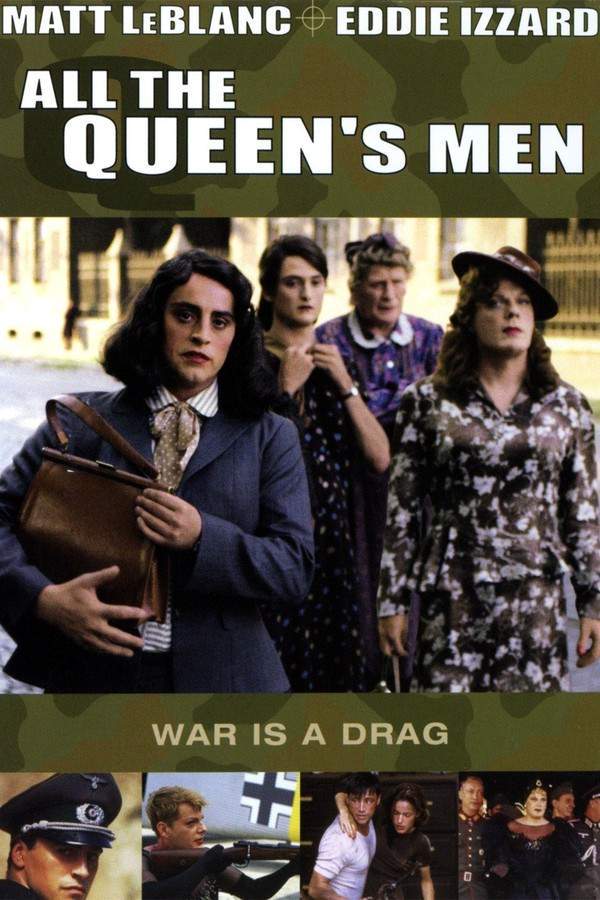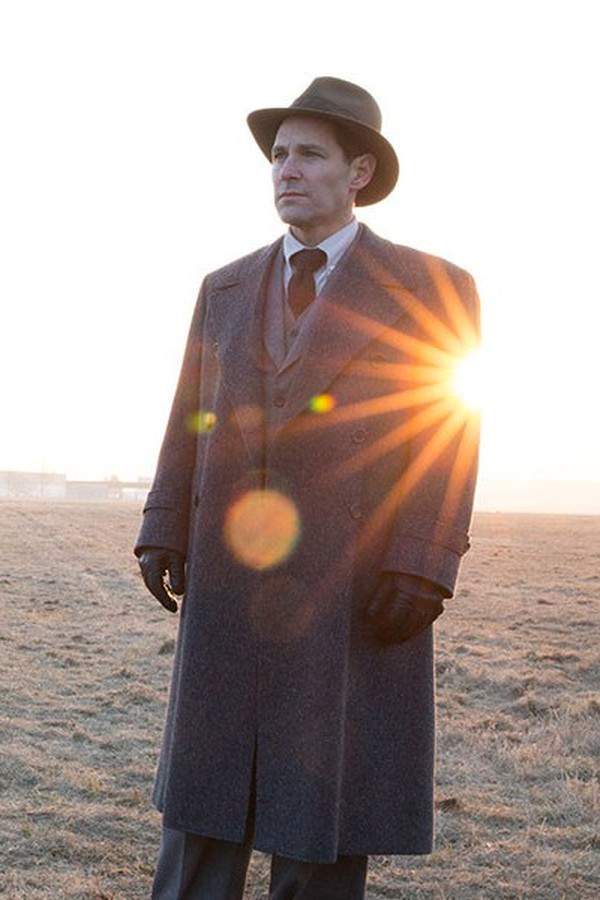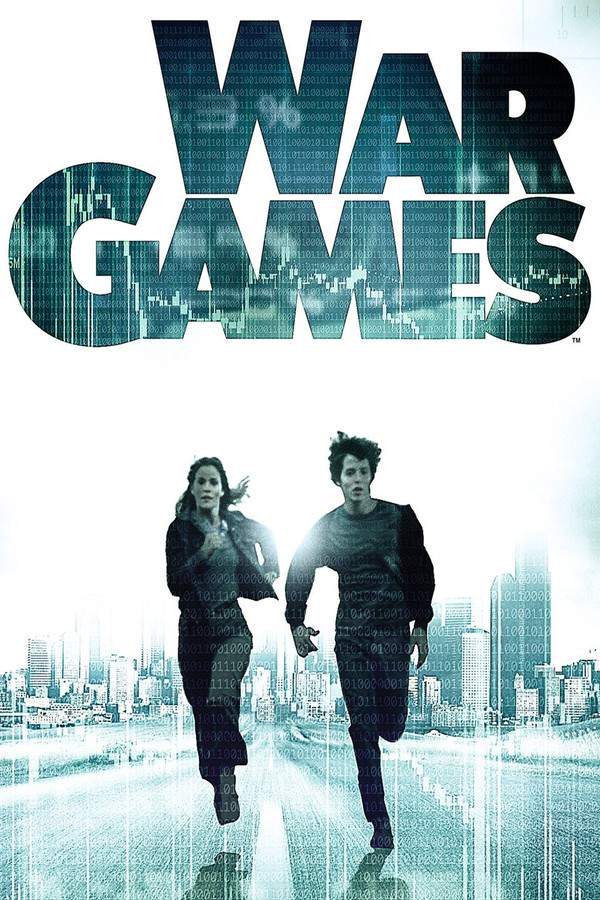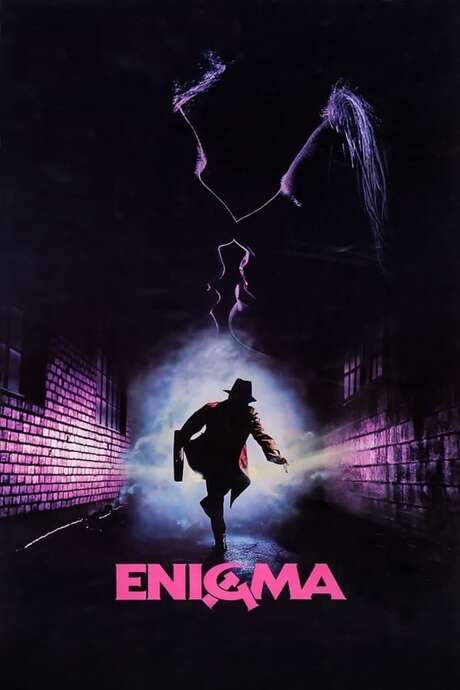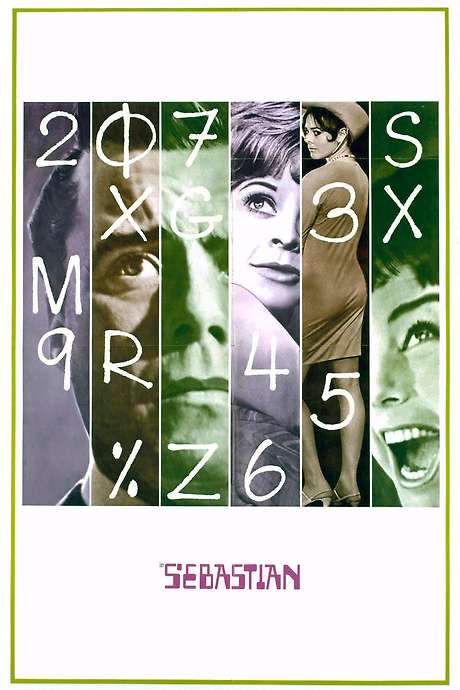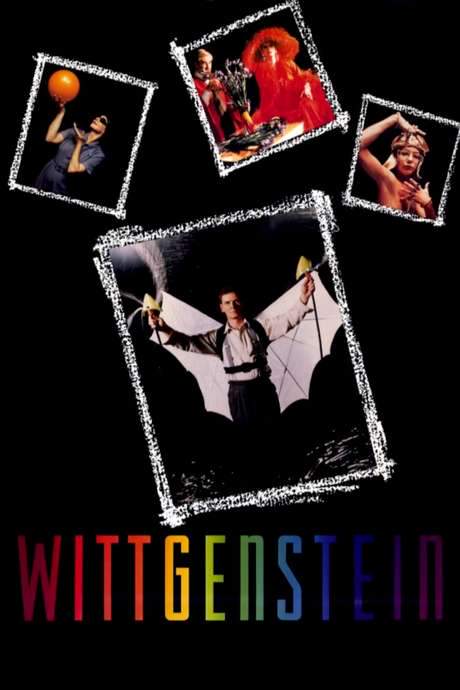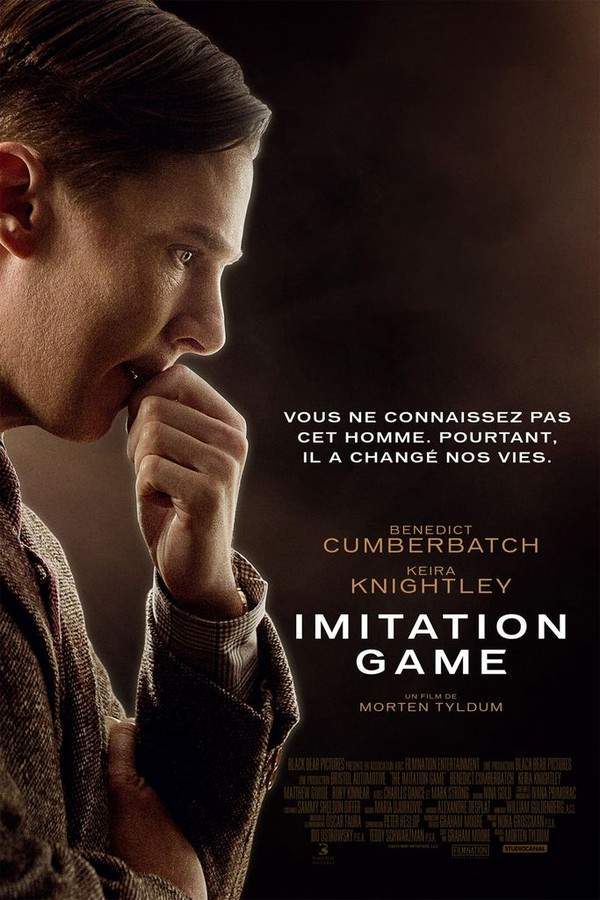
The Imitation Game
Year: 2014
Runtime: 114 min
Language: English
Director: Morten Tyldum
In 1952, the arrest of Alan Turing, a brilliant mathematician, disrupts his quiet life. Despite being a war hero who played a pivotal role in cracking German Enigma codes with his team, he is accused of "gross indecency." The story explores his groundbreaking work during World War II and the personal struggles he faced, revealing the impact of his contributions to modern computing and the consequences of the time's intolerance.
Warning: spoilers below!
Haven’t seen The Imitation Game yet? This summary contains major spoilers. Bookmark the page, watch the movie, and come back for the full breakdown. If you're ready, scroll on and relive the story!
The Imitation Game (2014) – Full Plot Summary & Ending Explained
Read the complete plot breakdown of The Imitation Game (2014), including all key story events, major twists, and the ending explained in detail. Discover what really happened—and what it all means.
Based on a remarkable true story, we hear the voice of Alan Turing, who boldly asserts, > “Are you paying attention? Good. If you’re not listening carefully, you will miss things. Important things.”
The narrative unfolds in 1951, amidst the backdrop of Manchester, England. Following a burglary at his home, Alan Turing, now a professor at Cambridge, is interrogated by the police. His dismissive attitude raises suspicions among the officers, suggesting that he may be harboring secrets.
The film flashes back to September 1939, when war is declared and 800,000 children are evacuated from their homes. A 27-year-old Alan Turing, played by Benedict Cumberbatch, boards a train and observes a child engrossed in crossword puzzles. Upon arriving at Bletchley Park, protected by Royal Naval officers, he meets Commander Denniston. Alan’s cold demeanor during the job interview leaves the Commander perplexed as Alan admits he’s neither interested in politics nor speaks German. However, when he mentions “Enigma,” the name of the top-secret program, curiosity piques.
Alan, now part of the Enigma team, joins forces with fellow code-breakers, including Peter Hilton, John Cairncross, Hugh Alexander, and others. They obtain an Enigma machine but struggle to decode messages due to encryption changes every midnight. Hugh, the chess champion, forecasts the staggering 159 million million million possibilities they must navigate. Alan’s reluctance to conform to teamwork leads to tensions, but the urgency imposed by the war compels them to collaborate.
Returning to 1951, detective Robert Nock uncovers that Alan’s records are classified. His investigation leads him down a rabbit hole of secrecy. In another timeline, Alan expresses frustration to Commander Denniston about the lack of funding for his vital machine, insisting that only a machine can best another machine.
The narrative revisits Alan’s childhood memories, highlighting his struggles with OCD and bullying. Young Alan forms a bond with Christopher Morcom, who inspires him with a book on codes and cryptography. In an effort to recruit new team members, Alan decides to place a complex crossword puzzle in newspapers, and among the applicants is the brilliant Joan Clarke, played by Keira Knightley. Joan impresses the group by solving a challenging puzzle, securing her place as a key contributor.
As the war escalates, Alan’s worries deepen, especially regarding Joan’s role. Striking a deal with Commander Menzies, he gets more funding to enhance his machine, affectionately named “Christopher.” Joan promptly joins the Bletchley Park team, reinforcing their fight against the Nazis.
In 1941, as the team finally operates the first digital computer, they encounter setbacks when critical codes remain unbroken. Tensions rise as Alan grapples with personal issues regarding his sexuality, which threatens to derail his professional efforts. The danger of being exposed looms large, leading to emotional confrontation with Joan.
Ultimately, Alan faces a harrowing choice as they finally crack the Enigma code, realizing the devastating implications of their success on innocent lives. An external call to action confronts them with the reality of decisions that dictate who lives and who dies. Meanwhile, relational complexities between Alan and Joan unfold, revealing the nature of their bond amidst adversity.
By 1951, as the story culminates, Alan stands trial for his homosexuality, leading to a cruel governmental decision to subject him to hormonal therapy. The narrative closes with a poignant reunion between Alan and Joan, reflecting on their past partnerships and the monumental impact of their work during the war.
Alan’s tragic end in 1954 serves as a somber reminder of the societal injustices faced by individuals like him, who saved countless lives yet were persecuted for their identities. A posthumous pardon by Queen Elizabeth II in 2013 reminds us of the enduring legacy of his innovative genius, which shaped modern computing and preserved history.
Last Updated: November 16, 2024 at 16:58
Explore Movie Threads
Discover curated groups of movies connected by mood, themes, and story style. Browse collections built around emotion, atmosphere, and narrative focus to easily find films that match what you feel like watching right now.
Movies about geniuses under pressure like The Imitation Game
Brilliant minds fighting insurmountable odds, both externally and from within.For viewers who liked The Imitation Game, this section features similar biographical dramas and thrillers about brilliant minds racing against time. These movies explore the heavy personal cost of genius, often set against a backdrop of societal prejudice or wartime pressure, creating a tense and melancholic viewing experience.
Narrative Summary
Stories in this thread often follow a brilliant protagonist tasked with solving an impossible problem, typically under a severe time constraint like a war. Their intellectual journey is paralleled by a personal one, where they must conceal their true self—be it their sexuality, neurodivergence, or unconventional methods—from hostile or uncomprehending authorities. The narrative tension comes from both the race for a solution and the fear of personal exposure.
Why These Movies?
Movies are grouped here for their shared focus on the high-stakes drama of intellectual breakthroughs contrasted with the intimate, often tragic, struggles of the genius at their center. They share a tense, somber mood, a steady pacing driven by both problem-solving and personal jeopardy, and a heavy emotional weight stemming from the central contradiction of public triumph and private suffering.
Historical thrillers with tragic victories like The Imitation Game
Stories where a world-saving success is overshadowed by a profound personal cost.If you liked the ending of The Imitation Game, this collection features similar movies where a historic achievement is paired with a deep personal loss. These films are tense, complex dramas based on true events or realistic scenarios, exploring the heavy price paid by individuals for the greater good.
Narrative Summary
The narrative pattern involves a race against time to achieve a critical objective with massive stakes, such as breaking a code or developing a weapon. The plot builds tension through this high-stakes mission. However, the resolution is double-edged: the objective is met, saving countless lives, but the protagonist suffers a grave personal injustice, persecution, or tragic fate, often directly because of the traits that made their success possible. The ending feels predominantly sad or bittersweet.
Why These Movies?
These films are grouped by their distinctive emotional arc, which juxtaposes a large-scale, intellectual, or strategic triumph with an intimate, human tragedy. They share a high intensity, a steady or fast pace driven by urgency, a complex narrative structure, and a tone that balances tense thriller elements with a fundamentally melancholic and somber core.
Unlock the Full Story of The Imitation Game
Don't stop at just watching — explore The Imitation Game in full detail. From the complete plot summary and scene-by-scene timeline to character breakdowns, thematic analysis, and a deep dive into the ending — every page helps you truly understand what The Imitation Game is all about. Plus, discover what's next after the movie.
The Imitation Game Timeline
Track the full timeline of The Imitation Game with every major event arranged chronologically. Perfect for decoding non-linear storytelling, flashbacks, or parallel narratives with a clear scene-by-scene breakdown.

Characters, Settings & Themes in The Imitation Game
Discover the characters, locations, and core themes that shape The Imitation Game. Get insights into symbolic elements, setting significance, and deeper narrative meaning — ideal for thematic analysis and movie breakdowns.

The Imitation Game Spoiler-Free Summary
Get a quick, spoiler-free overview of The Imitation Game that covers the main plot points and key details without revealing any major twists or spoilers. Perfect for those who want to know what to expect before diving in.

More About The Imitation Game
Visit What's After the Movie to explore more about The Imitation Game: box office results, cast and crew info, production details, post-credit scenes, and external links — all in one place for movie fans and researchers.

Similar Movies to The Imitation Game
Discover movies like The Imitation Game that share similar genres, themes, and storytelling elements. Whether you’re drawn to the atmosphere, character arcs, or plot structure, these curated recommendations will help you explore more films you’ll love.
Explore More About Movie The Imitation Game
The Imitation Game (2014) Scene-by-Scene Movie Timeline
The Imitation Game (2014) Movie Characters, Themes & Settings
The Imitation Game (2014) Spoiler-Free Summary & Key Flow
Movies Like The Imitation Game – Similar Titles You’ll Enjoy
Operation Mincemeat (2022) Film Overview & Timeline
Blackhat (2015) Plot Summary & Ending Explained
Enigma (2002) Movie Recap & Themes
Official Secrets (2019) Full Movie Breakdown
Tinker Tailor Soldier Spy (2011) Story Summary & Characters
All the Queen's Men (2002) Ending Explained & Film Insights
The Catcher Was a Spy (2018) Detailed Story Recap
WarGames (1983) Spoiler-Packed Plot Recap
Enigma (1982) Detailed Story Recap
Different from the Others (1919) Movie Recap & Themes
Cambridge Spies (1000) Detailed Story Recap
Blunt (1987) Full Movie Breakdown
Breaking the Code (1996) Complete Plot Breakdown
Sebastian (1968) Spoiler-Packed Plot Recap
Wittgenstein (1993) Film Overview & Timeline



